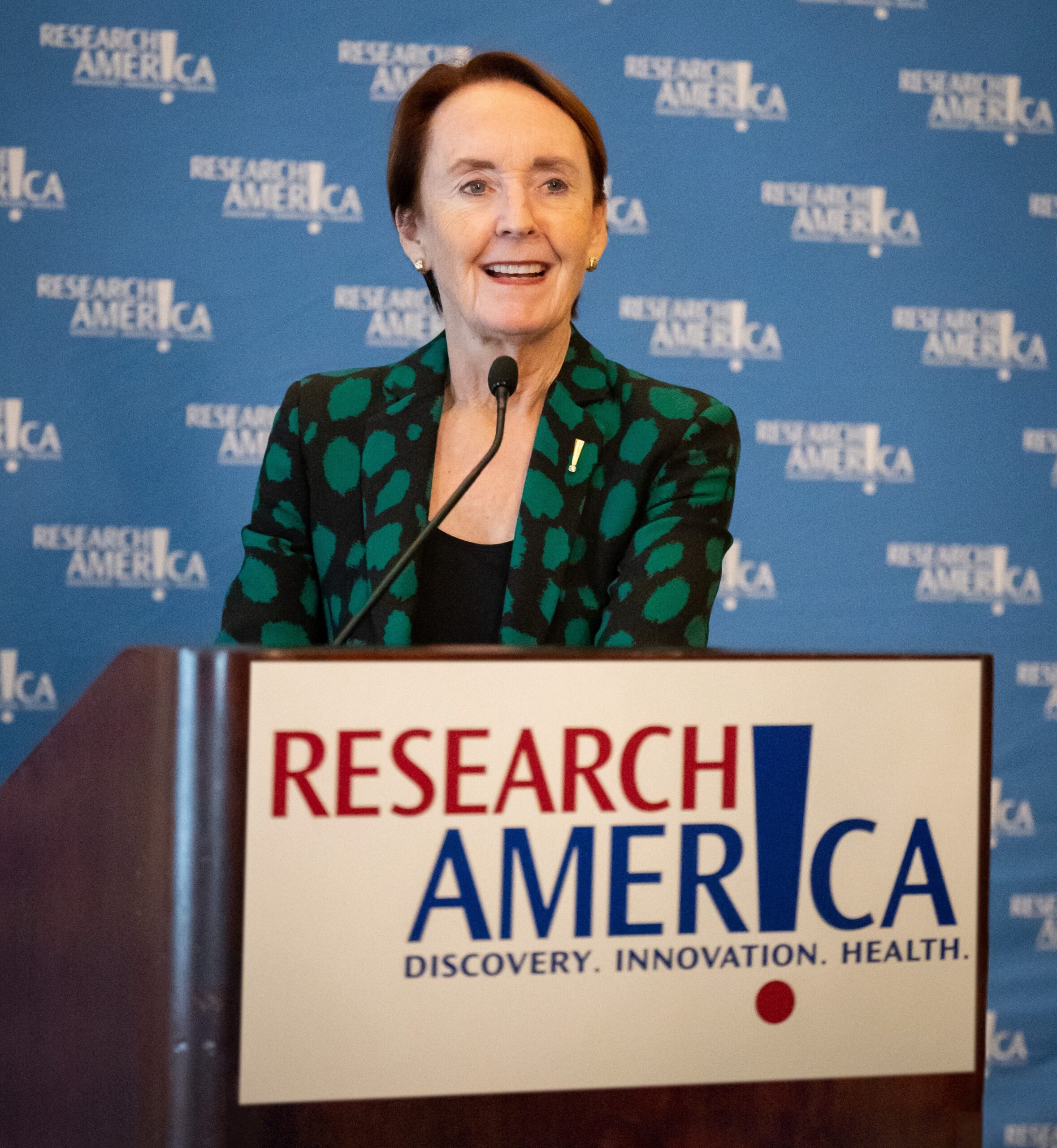Heating Up!!

A month into summer 2023, it’s impossible to ignore the increasingly visible – and increasingly unbearable – health consequences of a warming planet. Grist and The Associated Press collaborated in a release on climate change and disease, using graphics and charts to convey key concerns and highlight the critical role of research in understanding and responding to escalating challenges.
One of the experts quoted, Neil Vora, MD, of Conservation International, joined us recently for an alliance discussion. Check out highlights of our conversation on our blog, where you can also view his slides and watch the full discussion. Dr. Vora offers timely insights on prevention, preparedness, and the importance of climate health research.
Heating Up On the Hill: Speaking of prevention and preparedness, yesterday the House E&C Committee marked up majority-led legislation reauthorizing the Pandemic and All-Hazards Preparedness Act (PAHPA), H.R. 4421. Several amendments offered by the minority to increase health funding and address drug shortages were defeated.
More Heat On the Hill: Last Friday, the House Appropriations “Labor-H” Subcommittee approved the FY24 Labor-H spending bill; it’s not good news (read our statement). We anticipate the full committee will mark up the legislation by the end of July. That means there is time to weigh in and you should. I encourage you to take a few minutes to share our ads and an in-the-moment op-ed on your social channels (use hashtag #InvestInNIH).
This morning, our own Ellie Dehoney was quoted in a Politico article outlining many of the arguments against increased NIH funding. As she commented: “I think that NIH is going to remain a bipartisan priority and that the champions are still strong… [the House bill] was actually a post-pandemic wave of anger more than a change in direction.”
The House Committee also marked up the FY24 Commerce, Justice, and Science Appropriations bill. While the Committee did not slash NSF funding the way they did health research agencies, the NSF funding does not come close to meeting the challenge we face in funding basic science research essential to driving our economy, as laid out in the Science & Technology Action Committee (STAC) ROI fact sheet, “The Incredible, Incomparable ROI of R&D.”
High-Upside Investment Needed Now: An op-ed in the The Messenger yesterday by leaders at the Federation of American Scientists amplifies the message of the ROI fact sheet on the risks we face if we underinvest in science and technology: “Even amid tough fiscal times, we must prioritize… high-leverage, high-upside investments that secure our global position — or we’ll have to step aside for the nations, like China, that already are.” The U.S. was wise in laying the groundwork in 2022 for needed investments with passage of The CHIPS and Science Act – but passing the Act and then failing to adequately fund it is, at best, incredibly short-sighted.
And, while China is our most high-profile global competitor (see the STAC China fact sheet), other economies are increasing their investment as well. India – which recently passed China as the world’s most populous country – has announced its plan to set up a National Research Foundation to “‘seed, grow and promote’ research across the country’s institutions by strengthening ties between academia, industry and the government…” (as reported in Nature).
Securing Support for R&D: To help us all be more effective advocates for R&D, we’ve scheduled a candid discussion next week with world-recognized advocacy expert Bill Novelli. Please join us for a discussion with Bill on Wednesday, July 26, from noon to 1 p.m. ET to explore advocacy that works to build support for public and private sector-fueled R&D. We will leave plenty of time for audience brainstorming. Register to join us and bring your own thoughts and questions.
Public Engagement: The President’s Council of Advisors on Science and Technology (PCAST) is hosting its next open virtual meeting on July 27 and 28. Of particular interest is Thursday’s 11:15 a.m. ET “discussion and consideration for approval of PCAST Letter to the President: Advancing Public Engagement With the Sciences.”
You won’t be surprised to hear that I believe the secret sauce to public engagement is scientists engaging with the public; what can each of us do, or do more of, to engage the public? Let’s not wait for the non-science trained public to come to us; it’s time for us all to engage. The PCAST meeting will be livestreamed and is open to all.
ICYMI: Yesterday we spoke with Dan Jernigan, MD, MPH, Director of the CDC’s National Center for Emerging and Zoonotic Infectious Diseases (NCEZID). Dr. Jernigan discussed the new vision for NCEZID, particularly how the Center is incorporating innovation into its mission, including advanced molecular detection, the role of wastewater surveillance in monitoring disease outbreaks, and enhanced detection of antimicrobial resistance.
Stay well, stay safe, and stay connected,
Mary Woolley




